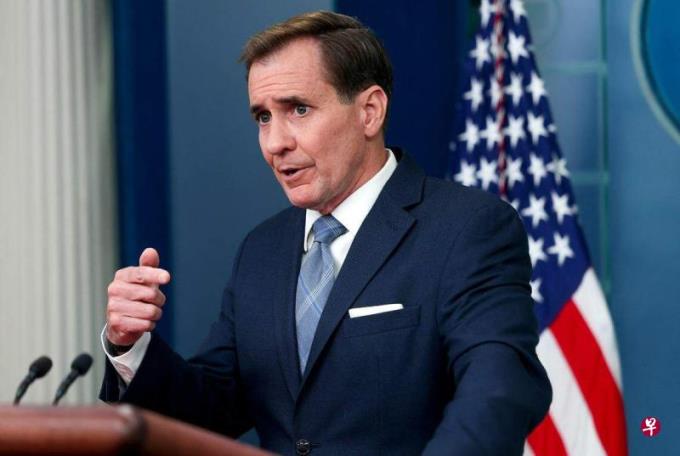
The White House on Monday (June 5) said that the dangerous contact of the US -China military in the Taiwan Strait and the South China Sea recently reflects the increasing hostile behavior of the Chinese military, which has increased the risk of misjudgment.And warned that "someone may be hurt because of this."
Reuters reports that before Washington issued a harsh warning, Announced a video , criticizing a Chinese warship in the video crossed the ahead of the British destroyer in the Taiwan Strait in the Taiwan Strait.
The White House National Security Council spokesman Cerby said: "Unfortunately, this once again shows that the host of the PRC (the People's Republic of China) is increasing, and we have prepared for this." He said, "If you continue like this, it won't take long for someone to be injured. It is easy to misjudge."
Cerbin also said that the United States will continue to defend the freedom of navigation in the air and sea."Of course I want to hear how Beijing explains that their behavior is legitimate. Air and sea interception has always happened. We will do this. The difference is ... when we think we must do this, we areProfessional method. "
Cerbin also said that what China wants to convey is that the United States is not popular in the region or hopes that the US aircraft and warships will stop flying and sailing in the region to show support for international law. It will not succeed.
The Chinese Ministry of Foreign Affairs responded on Monday on Monday that the US warships voycted from the Taiwan Strait said that the Chinese army's action on this is a necessary measure to deal with provocations related to the country, which is completely reasonable and legal and safe.
Wang Wenbin, a spokesman for the Chinese Ministry of Foreign Affairs, pointed out that the United States has provoked the provocation of the United States, and China is treated in accordance with laws and regulations.China has resolutely opposed the manufacturing of relevant countries in the Taiwan Strait area, and resolutely defend the national sovereign security and regional peace and stability.



